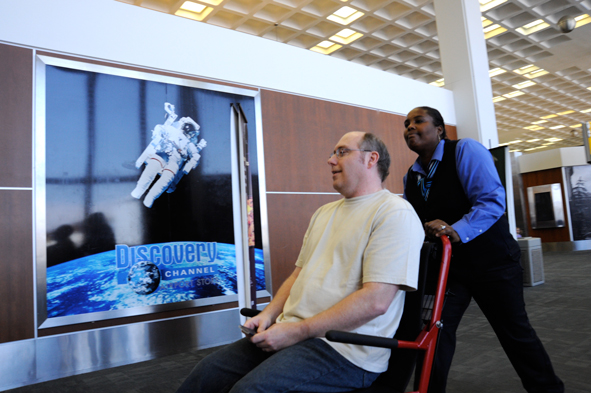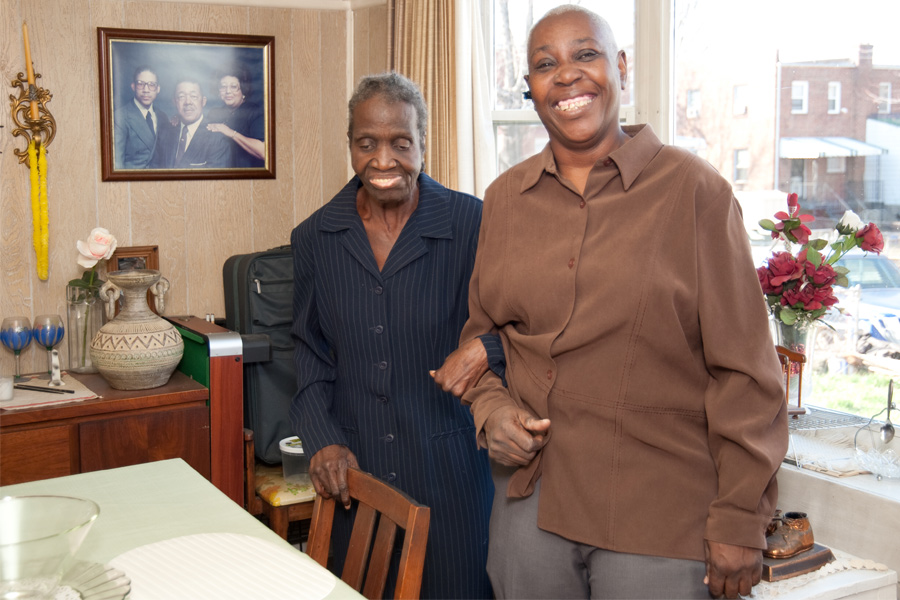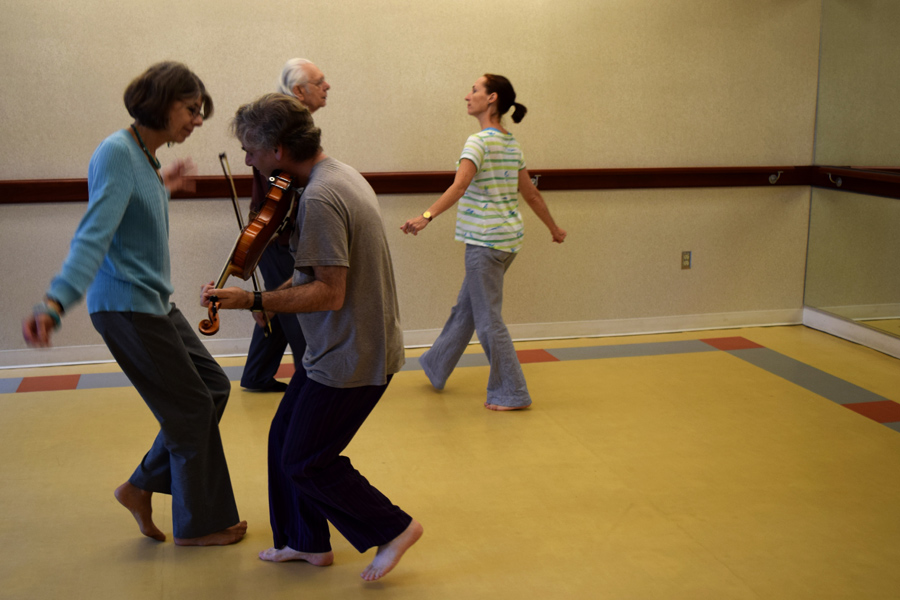Traveling for Thanksgiving: Five Tips when Traveling with Dementia

The holidays can be a busy and intense time. You may be traveling far distances, and dealing with traffic or a busy airport. If you’re living with dementia or caring for someone who has it, those typical travel challenges can be even more stressful than usual. You might be thinking, “is it worth doing?”
Ultimately, only you can decide if you’re not feeling up to travel. Just as it’s important to be able to say “Yes” to invitations to get together with others or requests to do things during the holidays, it’s also important to be able to say “No.”
That said, staying socially active is good for your brain and your mood. So, if celebrating the holidays is something you’ve done in the past, consider continuing to do so.
Planning ahead and being realistic about what’s possible can make the holidays meaningful, enjoyable, and less stressful.
1. Pack an emergency bag.
This bag should include medications and current medical information like dosages, insurance information, a list of emergency contacts, a list of allergies, photocopies of important legal documents, and your travel itinerary. If you’re traveling by air, make this bag your carry-on and also include an extra set of clothing, snacks, and activities.
2. Keep a list of important contact information.
Have your doctors’ names and contact information, as well as the names and contact information of friends and family members to call in case of an emergency.
3. If you’re staying in a hotel, call ahead of time.
Contacting the staff before you arrive and sharing any specific needs ensures they can be better prepared to help you.
4. Avoid tight connections.
Air travel can be confusing for someone with dementia. You’re going to want as little stress as possible! Leaving time to make your flight or connection is one simple way to reduce anxiety. Additionally, you might consider requesting a wheelchair (even if mobility is not an issue) so that an attendant can help you navigate the airport.
5. Look for a companion restroom.
Airports are crowded and distracting. A companion restroom ensures you do not have to leave the person unattended, and can make it easier to assist if they need help using the restroom.
Overall, when it comes to traveling with someone with dementia, the best rule of thumb is to go with the option that will cause the least amount of stress or anxiety (for you and them).
Happy holidays!
Have you taken a trip with someone with dementia? Share your advice for safe travel in the comments.
Related Articles

The Stories of Dementia in the District

A Couple’s Vows Create Opportunities to Age Well

Can You Imagine Taking Three Buses to Get to Iona?

